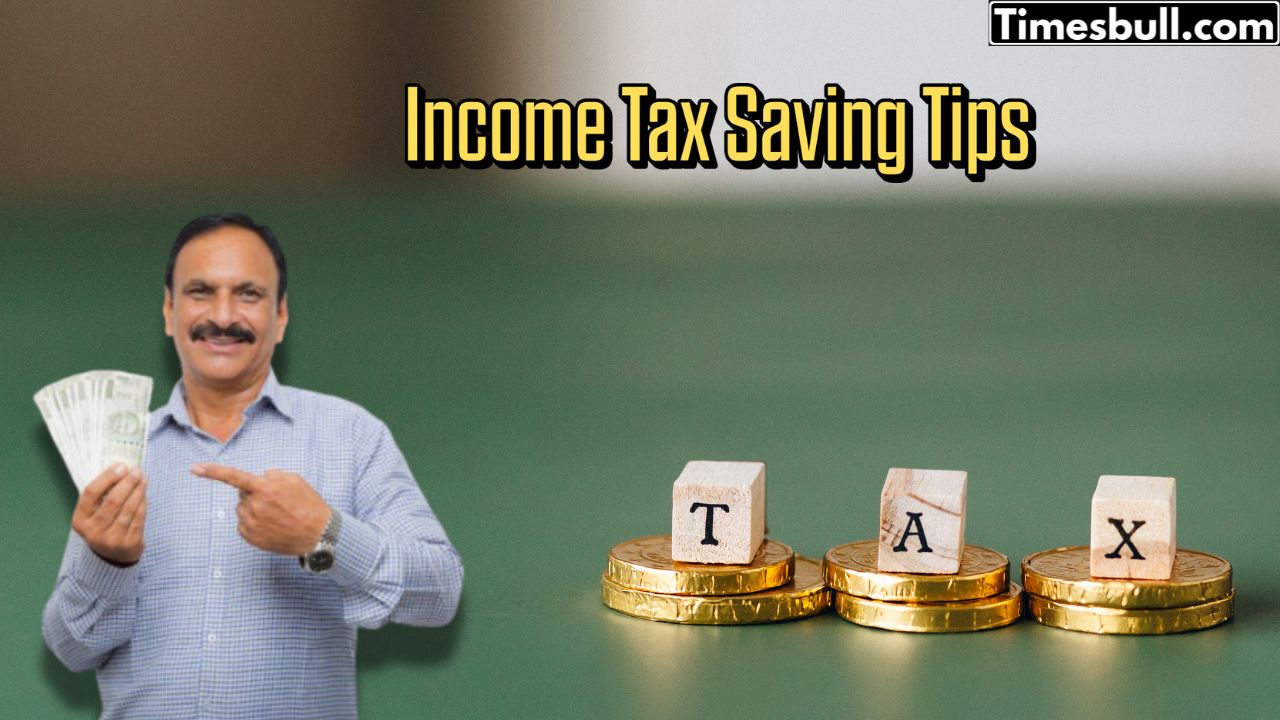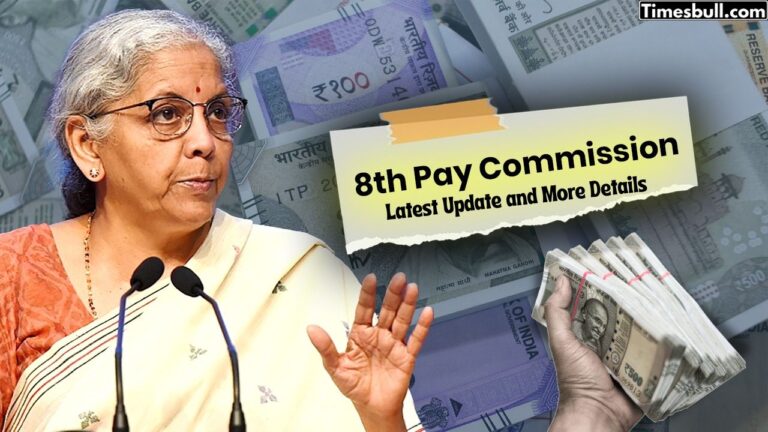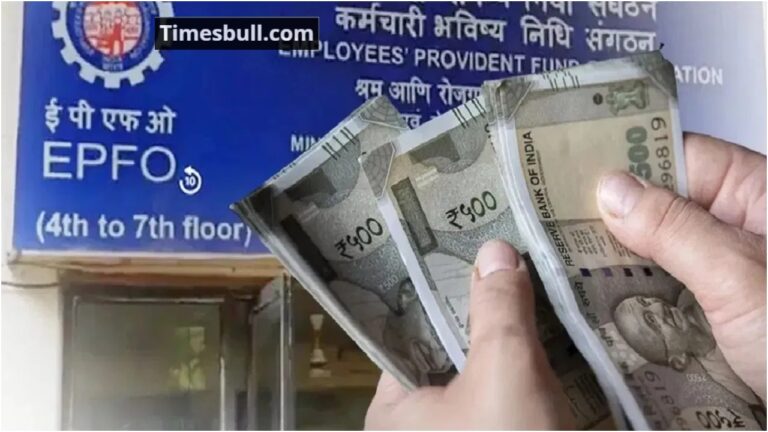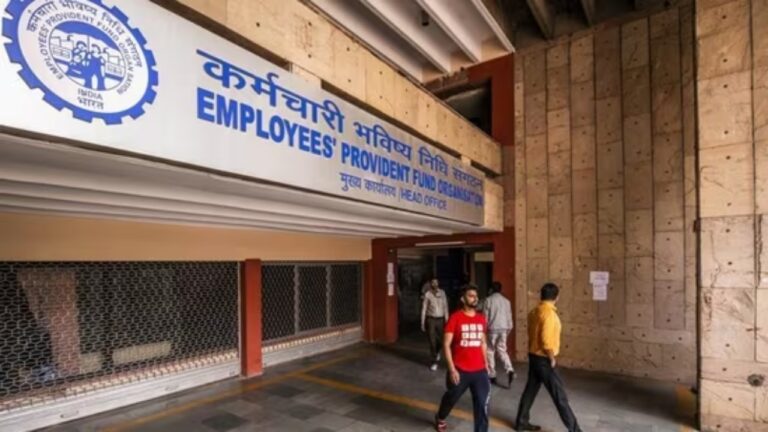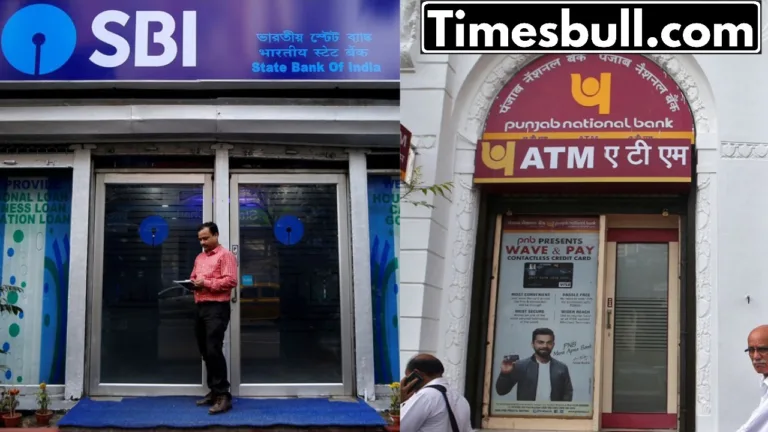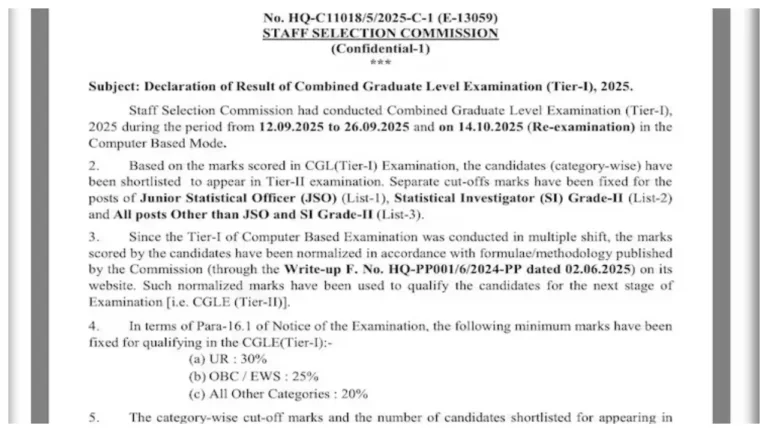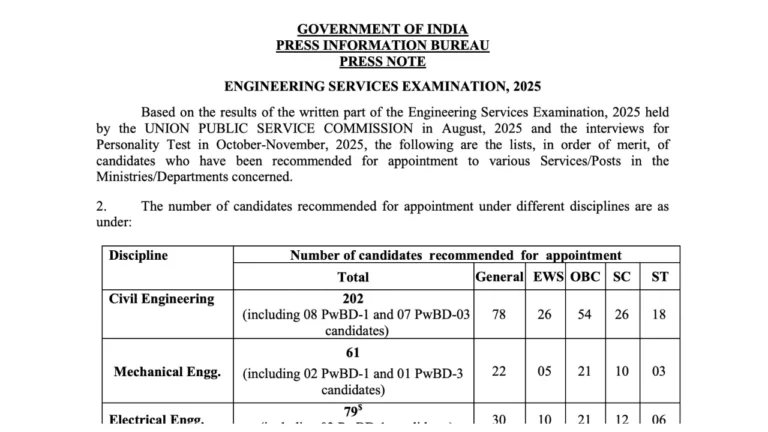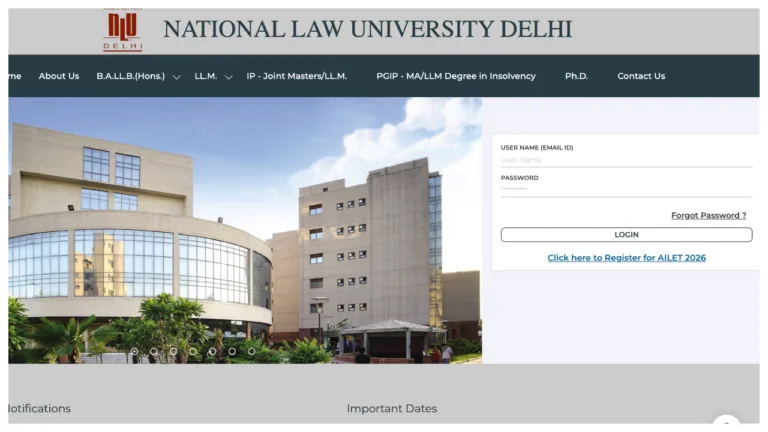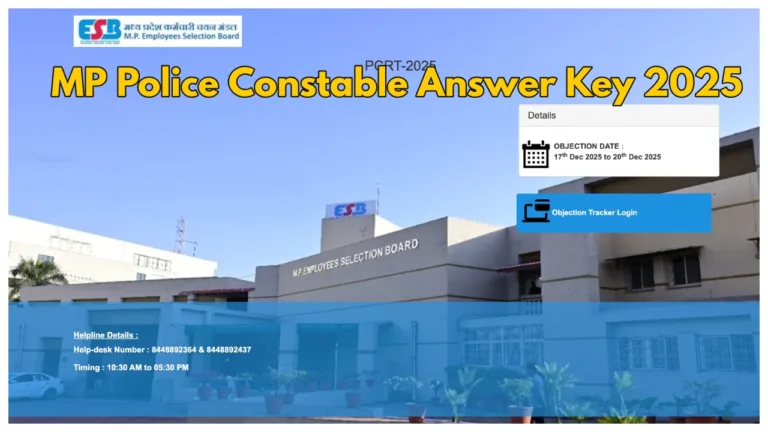Income Tax Calculation: Since the Union Budget was presented on February 1, 2025, many taxpayers have been wondering whether to stick with the old tax rules or switch to the new ones. No one wants to spend most of their hard-earned money on taxes. In comparison, the government’s new tax regime offers a basic tax exemption of up to INR 4 lakh and tax breaks for high-income earners. The top tax rate of 30% now applies only to those earning more than INR 24 lakh annually. After the latest changes in slabs and rebates, people earning up to INR 12.75 lakh will no longer have to pay any tax.
The Old Tax System: More Exemptions, More Savings
Although the old tax system remains unchanged, it still offers numerous exemptions, which can significantly reduce the tax rate for middle- and high-income individuals. When fully utilized, these exemptions are especially effective for those who plan to invest. For them, the old tax system may be more beneficial.
To maximize the benefits under the old tax system, taxpayers need a sound investment strategy to claim various deductions. However, not everyone invests with tax-saving goals in mind, which can limit their ability to take full advantage of the deductions.
Tax Calculation for an Annual Salary of INR 15 Lakh
Old Tax System (Salary INR 15 Lakh)
Tax Slabs:
- INR 0 – INR 2.5 Lakh: 0%
- INR 2.5 Lakh – INR 5 Lakh: 5%
- INR 5 Lakh – INR 10 Lakh: 20%
- Above INR 10 Lakh: 30%
Exemptions under the Old Tax Regime:
- Standard Deduction: INR 50,000
- Section 80C (Maximum): INR 1,50,000
- Section 80D (Maximum): INR 75,000
- Home Loan Interest (Section 24B): INR 2,00,000
- Additional NPS Deduction (80CCD(1B)): INR 50,000
Total Deductions: INR 5.25 Lakh
HRA Deduction: INR 3 Lakh (assuming a salaried person with a basic salary of INR 50,000, including HRA)
Taxable Income Calculation:
- Total Salary: INR 15,00,000
- Total Deductions (INR 5.25 Lakh + INR 3 Lakh HRA): INR 8.25 Lakh
- Net Taxable Income: INR 6.75 Lakh
Tax Payable under Old Rules:
- INR 0 – INR 2.5 Lakh: INR 0
- INR 2.5 Lakh – INR 5 Lakh at 5%: INR 12,500
- INR 5 Lakh – INR 6.75 Lakh at 20%: INR 35,000
- Total Tax: INR 47,500
- Cess (4%): INR 1,900
- Final Tax: INR 49,400
Comparison: Which System Saves More?
A person earning INR 15 Lakh annually can save INR 48,100 in taxes under the old tax regime compared to the new tax regime, provided they make sufficient investments and claim the HRA exemption. However, not all taxpayers will be able to claim these benefits. For example, HRA benefits under Section 10(13A) apply only under certain conditions, especially for those who claim home loan interest exemption under Section 24B.
Which Tax Regime Should You Choose?
- Old Tax Regime: If you have sufficient tax-saving investments (PPF, EPF, ELSS, NPS, home loan, insurance premiums) and can claim HRA benefits, the old tax system is a better option.
- New Tax Regime: If you do not have many exemptions to claim and prefer a simplified tax structure without investments, the new tax system is a better choice.
The Role of HRA in Tax Savings
HRA is a major benefit under the old tax regime. Income tax rules specify certain conditions for claiming HRA, especially when home loan interest benefits are also available. Taxpayers should carefully check whether they meet these conditions before deciding which tax regime to follow.
Eligibility for HRA and Home Loan Benefits
- HRA Exemption: If you live in a rented house and receive HRA as part of your salary, you can claim an exemption under Section 10(13A), subject to certain limits.
- Home Loan Interest Deduction: You can claim a deduction of up to INR 2 Lakh per year under Section 24B on home loan interest, provided the house is self-occupied or vacant. There is no upper limit on interest deduction if the house is rented.
- Home Loan Principal Deduction: A deduction of up to INR 1.5 Lakh per year is available under Section 80C on the principal repayment of a home loan.
When Both Benefits Cannot Be Claimed
- Ownership and Occupancy of Property: If you own the house you live in and pay the interest on a home loan but do not pay rent, you cannot claim HRA.
- Property Ownership in the Same City: If you own a house in the same city where you rent accommodation, you cannot claim HRA unless you can prove that you need to stay away from your owned property due to work.
